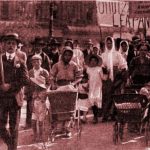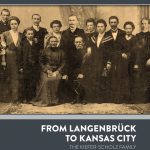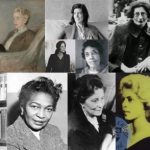 Central European University in Vienna (Web)
Central European University in Vienna (Web)
Time: 17.04.2021, 11-17.00 Uhr
Venue: virtual space, via Vienna
Zoom: Link
The outbreak of the Covid-19 pandemic prompted a quest for historical parallels that help us contextualize this traumatic event. The voices of historians, sociologists, and philosophers of science are vital in this debate. The event, consisting of an expert panel and a seminar, focuses on the experience of interwar East Central Europe to explore these historical parallels.
Expert panel (11:00-13:00)
The expert panel brings together scholars working on various contexts and issues connected to biopolitics in East Central Europe. Their presentations will be followed by a discussion, moderated by Professor Jakob Vogel of the Centre Marc Bloch and Humboldt-Universität in Berlin.
The program of the presentations is as follows:
- Ana Cergol Paradiž (Ljubljana): Psychiatry and Biopolitics in Slovenia
- Calin Cotoi (Bucharest): Cholera and Nation-Building in XIXth Century Romania
- Friederike Kind-Kovacs (Dresden): Rescuing the Future of the Nation: Childhood, Hunger and the Spanish Flu in Budapest after the Great War
- Martin Kuhar (Zagreb): Social Diseases, Social Therapy: Public Health and National Regeneration in Interwar Yugoslavia
- Victoria Shmidt (Graz): Health Films for Interwar “Periphery”: Between Adapting the Global Order and Building National Authenticity
Seminar (15:00-17:00)
Based on the proposed list of readings, seminar discussion will explore the following topics:
1. Epidemics and nation-building
After the collapse of the continental empires in the aftermath of the Great War, East Central Europe faced a double challenge of taming epidemics and nation-building. There is Continue reading






